‘Elvira Nabiullina won again’: stakes rising
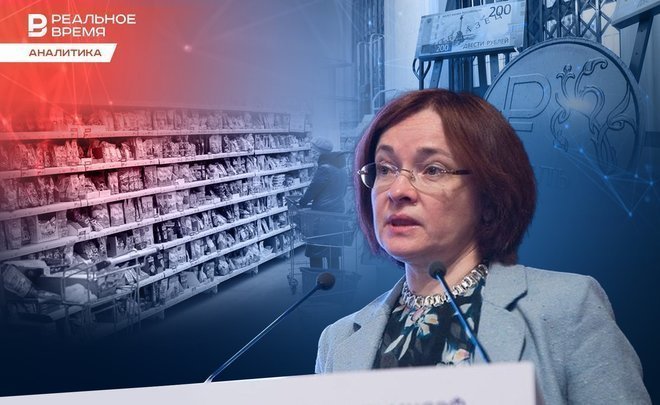
Inflation in Russia is accelerating, and food inflation alone already exceeds 14%. The ruble is falling again, and there are no factors for easing monetary policy by the Bank of Russia. Already this Friday, December 15, Elvira Nabiullina once again raised the rate — up to 16%, despite complaints from bankers and industrialists and proposed ideas to abandon inflation targeting in the country altogether. Could Russia repeat the path of Turkey, where inflation accelerated to 62%, when the key rate will begin to be reduced, and why Vladimir Putin supports Nabiullina, and not VTB head Andrei Kostin, campaigning for cheap loans — in the review of the analytical service of Realnoe Vremya.
Inflation in Tatarstan is accelerating. But slower than the national average
Annual inflation in Tatarstan accelerated to 6.4% in October after 5% in September. At the same time, it remained lower than in Russia as a whole (6.7%), the Branch of the Bank of Russia for the Republic of Tatarstan notes.
Due to the weakening of the ruble, imported car components have risen in price. Automakers transferred the increase in costs to retail prices. With continued high demand for cars, prices for new domestic cars have increased. Used foreign cars have become even more expensive. This happened, among other things, in connection with the expectation of a revision of the rules for the payment of recycling fee when importing cars from abroad.
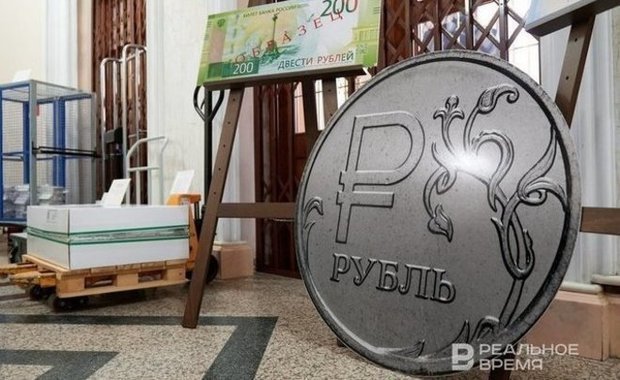
Also, against the background of the devaluation of the ruble, the costs of poultry farms continued to rise. Imported drugs, feed additives and foreign-made equipment have become more expensive. Therefore, the prices of poultry meat and eggs have increased significantly.
According to the forecast of the Bank of Russia, annual inflation in the country in 2023 will be in the range of 7-7.5%. Taking into account the current monetary policy, it should decrease to 4-4.5% in 2024 and will be near 4% in the future.
It cannot be said that inflation is under control

In his opinion, the result of the active tightening of monetary policy is not yet obvious. “Another question is, if the rate had not been raised, what would have been the inflation rate? How is it in Turkey, where it has reached 62%? The key rate there is already 40%, but, apparently, they realised it too late," the expert notes.
Osadchy believes that if it were not for the actions of the Central Bank of the Russian Federation, Russia would have the same inflation as in Turkey, if not higher.
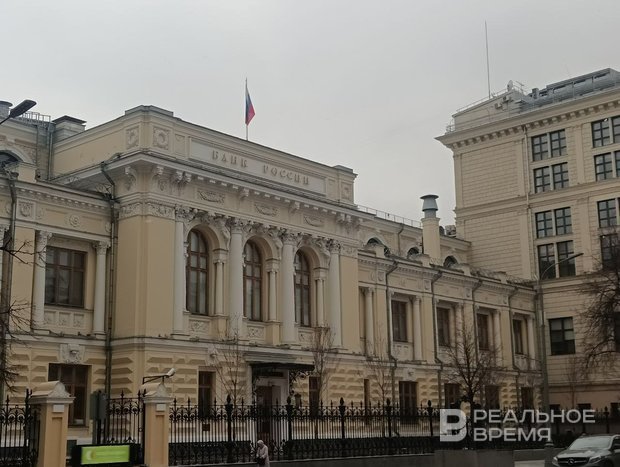
“The price of tightening monetary policy is high. An increase in rates leads to an increase in industrial costs, a decrease in investment, and contributes to economic stagnation. However, if you let the situation take its course, then the impoverishment of the population, which is inevitable in conditions of hyperinflation, will lead to social instability," the analyst explains. The Central Bank, according to him, is making the right choice — in favour of stability. “Economic growth is, of course, good, but price stability is a priority," the expert emphasises.
At the same time, judging by the coupon-free yield curve of government bonds, the market expects a reduction in the key rate in the next three to six months, Maxim Osadchy notes. The market expects a rate cut to 13%. “Therefore, the highest rates in banks are mainly for deposits with a term of up to six months," the analyst says.
Depositors benefit from an increase in the key rate, while borrowers lose. The increase in the key rate also puts pressure on the budget. For example, it is necessary to compensate banks for the loss of income on mortgages with state support. “According to these programmes, the state spends hundreds of billions of rubles annually, which contributes to the growth of the budget deficit. The government cannot afford the bubble of preferential mortgages. It is necessary either to complete this programme, or to increase the preferential mortgage rate. But this rate is unlikely to be increased before the elections," Osadchy believes.
Elvira Nabiullina is supported at the highest level

“The Bank of Russia is constantly being attacked and criticised for its high rate, which hinders the development of the economy. Recently, even three committees of the State Duma issued their recommendations to the Bank of Russia that it might be worth abandoning inflation targeting and, accordingly, lowering the rate," said Yan Art. “This is such an economic classic 'Risking inflation for development'. But when Mr. Kostin spoke about this at a meeting with Vladimir Putin, Putin's response was that “I would be careful about easing monetary policy”. It seems that Elvira Nabiullina has won this dispute again and received support at the highest level. And that frees her hands.”
The expert believes that Nabiullina is absolutely right, because when they talk about development and cheap loans, there is a feeling that, despite all the problems in the country, someone really wants to master money.
“Guys, I'm sorry, but now there is such a force majeure economy, and it's probably even more important to stop inflation a little now," Yan Art believes, “especially since there are a lot of resources in the country for development. Cheap loans are not necessary for this.”
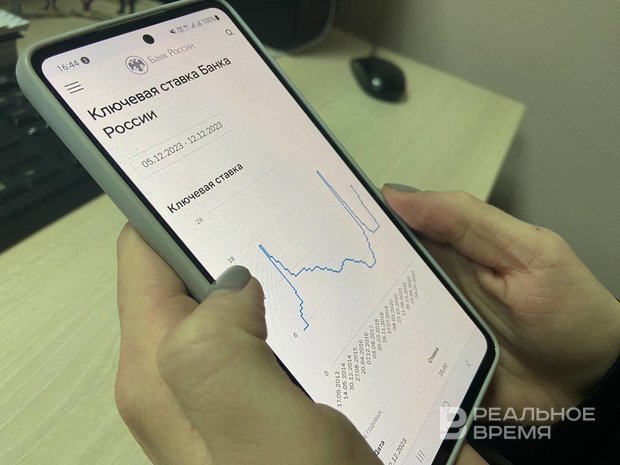
At the same time, he notes that inflation in Russia is only partially monetary. “It is quite strange to pretend that inflation is influenced only by the ruble exchange rate and is not affected by the increase and introduction of new fees, duties on imported goods, excise taxes on a number of products, as well as tariffs," emphasises Yan Art. “The Central Bank with its rate covers not only the devaluation of the ruble, but also all these man-made factors. What is more, everything is clear: the budget is also force majeure, it must be collected. The government can understand this, but pretending that it does not affect inflation is childish.”
A Fed meeting is expected on December 13. The market believes that the rate will remain unchanged. In this case, the dollar index may at least slightly slide down, and this will indirectly strengthen the ruble, or reduce the factors influencing its decline, Art predicts. And the European Central Bank meets on December 14th. And the Central Bank, of course, will also look at these two decisions, because the general temperature of money around the world is determined first by the Fed, and then by the ECB, he recalls.
“Since there is a supreme blessing for a tough monetary policy and an inflationary surge, and the ruble has slightly bitten down, I think that the Central Bank may well raise the rate on December 15. Most analysts call 16%, but at a rate of 15%, a change of one full percentage point is nothing. I expect a rise to 17%. Because an increase to 16% is just a correction at the level of diamond cutting," predicts Yan Art.
Inflation is difficult to curb
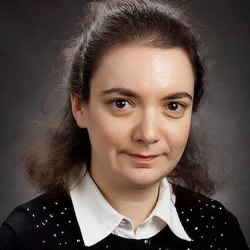
There was no significant slowdown in the current rate of inflation, inflation expectations of the population increased markedly in November, tension in the labour market does not weaken, the dynamics of lending and domestic demand remain too high, although the growth of mortgages and consumer loans slowed down, she lists.
Inflation by the end of 2023 is expected to be slightly higher than the October forecasts of the Bank of Russia. One of the disinflationary factors could be the strengthening of the ruble, but it has again moved to weakening against the background of cheaper oil.